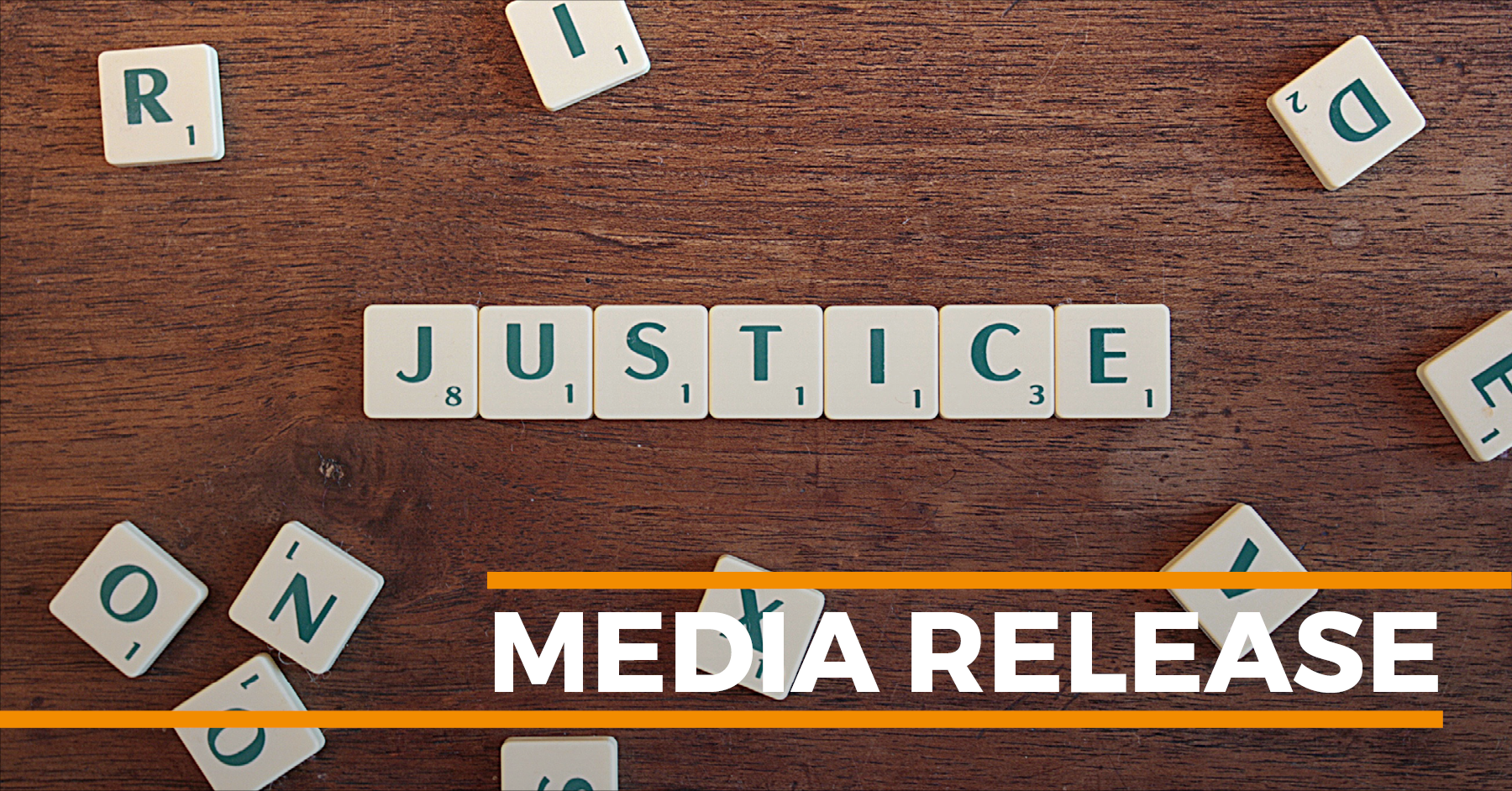ASICs ‘Better banking’ project will help First Nations customers -Remaining banks need to do better to reduce fee-harm-
Consumer Action Law Centre congratulates the Australian Securities and Investment Commission’s (ASIC) Indigenous Outreach Program team on the success of their Better banking for Indigenous consumers project and report and welcomes the findings and recommendations. We hope to see all banks, in particular those outside of ASIC’s Better Banking for Indigenous Consumers project, accepting the report recommendations in full and meeting their obligations under the Banking Code of Practice.
“We commend the four banks that took part in the better banking pilot program, in particular those that took the extra steps to improve services for First Nations and low-income customers in addition to ASIC’s recommendations and call on the remaining banks to follow suit” said Consumer Action Law Centre CEO Stephanie Tonkin.
ASIC’s project has highlighted the impact of fee harm on low-income First Nations banking customers and has resulted in meaningful changes for First Nations communities with over $28 million expected to be returned to customers. There is still a long way to go to end this financial harm and create an equitable banking service.
“The Banking Code was updated in 2020 to require banks to be proactive in this space, so we want to see banks remediating low-income clients who have been charged these unfair fees, backdated to at least 2021,” said Ms Tonkin.
“For too long the banks have been making money off unfair, excessive and unlawful penalty fees, from the people who can least afford them,” said Consumer Action Law Centre’s First Nations Policy Officer Shelley Hartle.
“It has become a standard piece of financial counselling advice to ‘ask your bank to change you over to a low or no fee account’, but the onus should not be on the customer to request this change. Banks can and should simply automate this process by making it “opt-out” and save significant amounts of money for thousands of customers at a time,” said Ms Hartle.
The outcomes achieved for First Nations consumers, by implementing ASIC’s recommendations will make a significant difference in the lives of many. But thousands of other First Nations customers have accounts outside the four pilot banks. All banks are required to meet their obligations under the Banking Code and reduce the fee-harm caused to First Nations and other low-income customers across Australia. If that doesn’t happen the regulator should take further action.
Background
Consumer Action has long called for a fairer go for First Nations consumers. Our Fair Fees campaign in partnership with CHOICE, dating back to 2004, paved the way for the Australian Banking Association’s (ABA) 2020 update of the Banking Code of Practice, off the back of the Banking Royal Commission recommendations.
As a result of that update, Banking Code members were required to remove overdraw and dishonour fees from low-fee accounts, and proactively identify and contact customers who are eligible for low-fee accounts.
The 2017 Banking Royal Commission exposed the widespread harm that these fees caused to low-income customers and the unreasonable steps many customers had to take in order to change over to low-fee accounts. ASIC’s report shows the particularly egregious actions of the banks in ignoring the Royal Commission’s recommendations and their obligations under the Banking Code, by continuing to charge low-income customers penalty amounts in overdraw and dishonour fees ($6 million dollars in just 12 months, across a small subsection of customers).
ENDS
Media contact: Mark Pearce, Media and Communications Adviser, 0413 299 567, media@consumeraction.org.au


